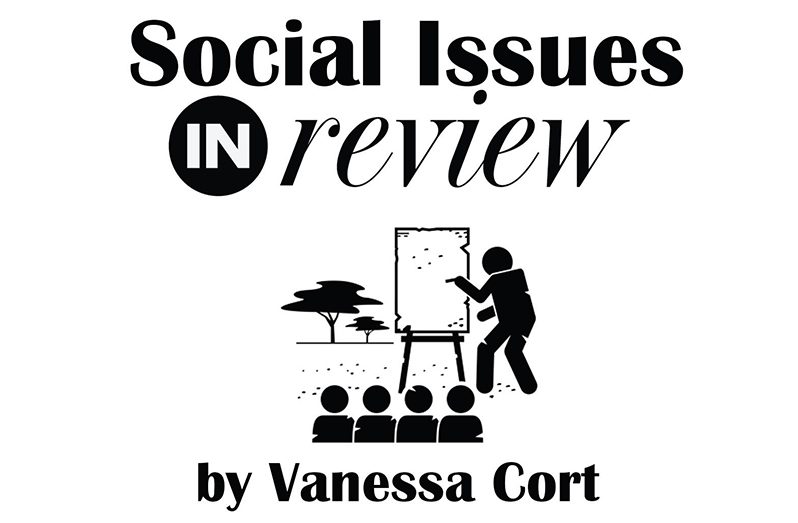WHILE many of us may ‘sit up and take notice’ when famous personalities, like tennis star Alexander Zverev, confess to mental health struggles, we often pay scant attention to those around us who may be equally challenged.
What the rich and famous show us, when they admit to anxiety, depression or some other mental health issue, is that anyone can experience these feelings. An international athlete, a popular singer, an award-winning actor, a champion gymnast, a friend, a family member, your next-door neighbour, or you may all face problems with mental health at some time or another. The bigger issue is how we deal with something which, for so many years, has been taboo.
The tremendous stigma attached to problems of mental health has meant that we ignore it, refuse to talk about it, try to cover it up or keep it a secret. Such was the case of someone I interviewed last month, who raised the issue of mental health in the LGBT community.
Thandy Williams, born female but identifying as male and preferring the pronoun ‘he’, spoke of the secrecy surrounding his ‘coming out’ (declaring sexuality).
“My family wanted to keep it a secret,” he told me. However, realising that this was far from what he wanted, placed untold psychological pressure on Thandy, because the whole purpose of ‘coming out’ is to declare one’s sexuality to the world. Hence the complete term is ‘coming out of the closet’ – an indication that something previously hidden is now being revealed.
And this led to a broader discussion on not only how friends and family react to the news, but how they are subsequently treated by the wider community. They may be laughed at, scorned or find themselves in the unenviable position of having to defend a choice which they did not make nor were they in a position to make.
As Thandy pointed out, the mental health toll is therefore considerable not only for the person ‘coming out,’ but also to a greater or lesser extent, for those who are in any way associated with that person.
In fact, this scenario underscores the complexity of mental health, particularly when the World Health Organization tells us, “There is no health without mental health.” This simple statement of fact carries with it the underlying message that we should take care of our mental health in the same way that we pay attention to physical illness.
To do this, however, we first have to recognise the signs of mental distress in ourselves or others and talk about it. Staying silent does not make the problem go away; it makes it worse. Turning to someone we can confide in may be the first step to getting help for as the old saying goes, ‘a problem shared is a problem halved.’ The next step may be to seek professional help, depending on the severity of the problem.
The American Psychiatric Association states that 50 per cent of mental illness begins by age 14 and 3/4 begins by age 24. Their list of warning signs includes dramatic sleep or appetite changes; mood swings; withdrawal; a drop in the ability to function; unusual behaviour; illogical thinking, or feeling disconnected.
While one or two of these symptoms are not necessarily indicative of mental illness, several at one time, disrupting a person’s life and the way they relate to others, may need further evaluation by a mental health professional. The AMA also cautions: “Just as with other medical illnesses, early intervention can make a crucial difference in preventing what could become a serious illness.”
DISCLAIMER: The views and opinions expressed in this column are solely those of the author and do not necessarily reflect the official policy or position of the Guyana National Newspapers Limited.



.jpg)








